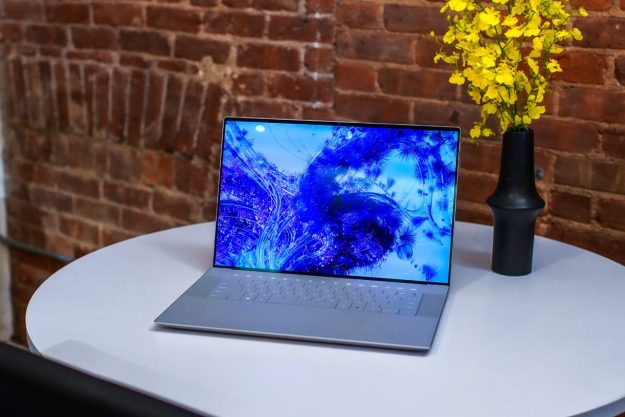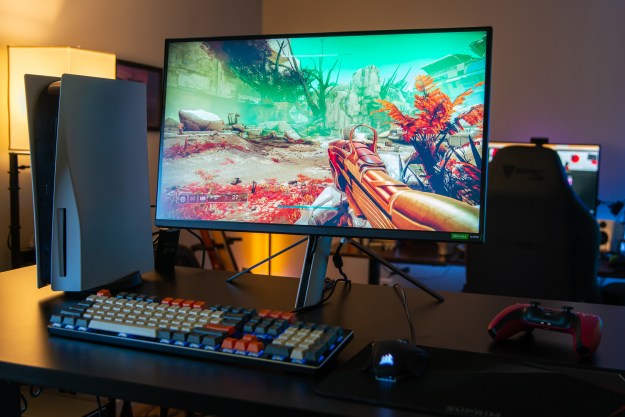
We’ve been hearing about 802.11ac wireless for some time now, with many developers including support for the higher-speed Wi-Fi in a variety of new products. It’s becoming fairly apparent that 802.11ac will slowly flush out older systems over time, as individuals purchase routers to unlock the full potential of their Internet connection. According to PC World, this development has led the Wi-Fi Alliance to create an IEEE-based certification program for all routers, adapters, and products, that make use of the 802.11ac system. The Wi-Fi Alliance has a great track record when it comes to ensuring that these types of devices are up to snuff, and many individuals trust the group’s judgement.
The actual certification process could take a substantial amount of time to complete. Just like with 802.11n, it is expected that the IEEE will take it slow, going over the proposed certification in agonizing detail. It is speculated that the team won’t finish its initial work until November, and the finished certification may not be available until February of 2014. Still, even with a pretty hefty timeline in front of them, most developers are still shipping out 802.11ac-based gear to a speed hungry market. Without proper tests, however, individuals cannot be sure if the products they are purchasing will work together.
Kevin Robinson, the Wi-Fi Alliance senior marketing manager, explained during an interview last week why the group had waited so long to create a program, stating, “we want to ensure that the standard is substantially mature. There is work that we have to go through to ensure interoperability, and [we’re] fielding a test bed to certify that.” Now that 802.11ac has been out for a considerable amount of time, and more companies are starting to adapt the system into their devices, it should be easier for the Wi-Fi Alliance to create a solid certification program.
To see all the devices that have already received certification, check out this webpage, located on the Wi-Fi Alliance’s website. More routers, adapters, and products are expected to receive certification in the near future and the group will update its list as certifications are awarded.
Editors' Recommendations
- What is Wi-Fi 7: Everything you need to know about 802.11be
- Best 802.11ac (Wi-Fi 5) wireless routers


